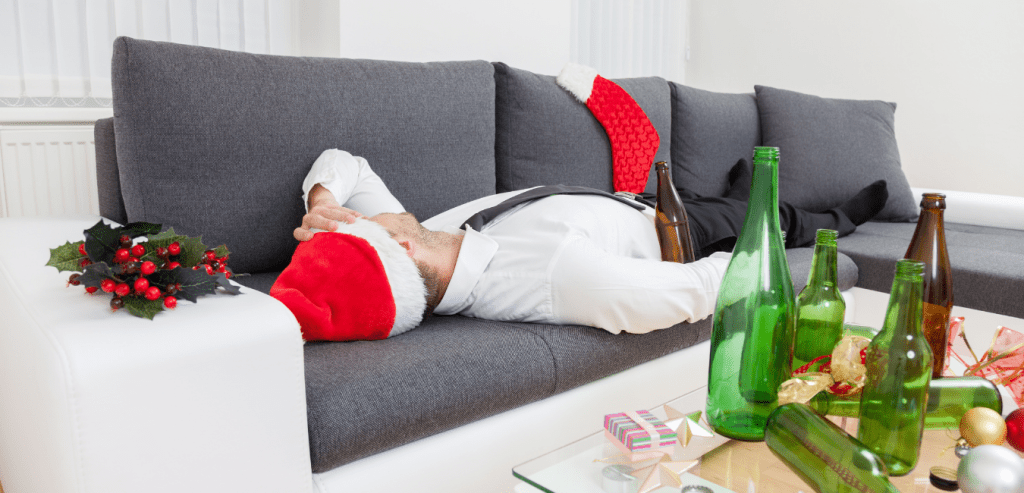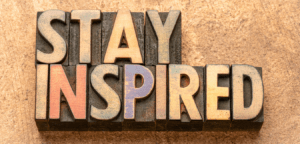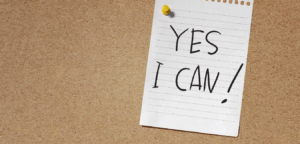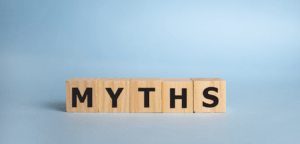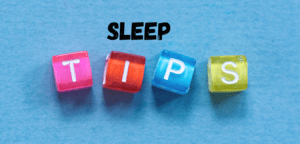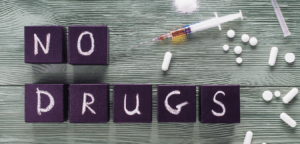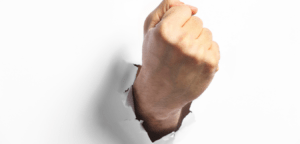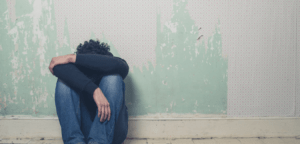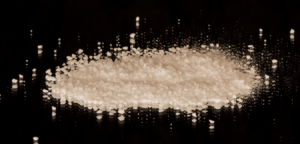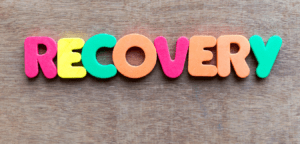The increased risk of relapse during the holidays is no surprise. Millions of Americans report feeling increased stress when this time of year comes around. There’s a seemingly endless list of things to do from purchasing gifts to sending holiday cards to gathering with difficult family members. 84% of people report feeling moderate to overwhelming holiday stress.
Combine that with the increase in alcohol use between November and January and there’s little wonder why people in recovery feel at risk of a relapse. Stress is one of the biggest triggers for relapse. It might feel like a drink or two will take the edge off of those holiday nerves but it’ll only set the vicious cycle off once again.
Or maybe it isn’t the stress of the holiday season that gets to you but it’s feeling like you’re left out of the fun. Alcohol plays a big part in the festivities and everyone else is drinking a fun cocktail. Why shouldn’t you be able to participate? It’s already dangerous to have that voice in your head – the longer it nags at you the greater your risk of relapse.
Relapse during the holidays is a serious concern for anyone in recovery. It doesn’t matter if this is your first holiday season sober or your fifteenth. Taking a drink always feels a bit more tempting at this time of the year. What makes the holiday season different and what can you do to avoid putting your recovery at risk?
Holiday Binge Drinking
Drinking alcohol is commonplace when the holidays come around. There are plenty of reasons that seasonal binge drinking is a regular practice for many people. Whether from stress or celebration, turning to alcohol is a way for millions of people to make it through the holidays. Just look at any major publication this time of year and you’ll find at least one or two alcohol-related articles. No wonder there’s an increased risk of relapse during the holidays!
From Thanksgiving to New Year’s, there are a handful of holidays to celebrate or survive depending on your situation. Distant family members come to visit, friends throw kickbacks, and companies host holiday parties. Alcohol is present at nearly every event you attend. Even those who drink moderately throughout the year tend to drink a bit more during the holidays.
Reports reflect these observations, too. One study reported that the average American drinks twice as much over the holidays compared to the rest of the year. According to the Distilled Spirits Council of the United States, the month between Thanksgiving and New Year’s contributes to a quarter of the $49 billion in annual profits from distilled spirits.
This is one of the many reasons that the risk of relapse during the holidays is high. Being around people who are drinking or doing drugs causes about 20% of relapse episodes. It’s hard to not want to participate when it feels like everyone around you is enjoying a drink.
You might try to convince yourself that it’s okay to join in since others are having fun. But taking a drink now will only result in numerous problems that last far longer than the holidays. Overcoming a relapse during the holiday season isn’t easy and it will only set your new year off on the wrong foot.
Mental Health During the Holiday Season
Mental health struggles are another reason for the increased risk of relapse during the holidays. The season is full of experiences that tend to trigger existing disorders and aggravate symptoms. These experiences often leave you feeling uncomfortable and vulnerable, two emotions that are hard to handle. In fact, 64% of people with mental illness report that the holidays worsen their condition.
Major holidays like Thanksgiving and Christmas tend to amplify feelings of loneliness. Social separation caused by the COVID-19 pandemic has a huge impact on feeling isolated from friends and family, too. The mental health difficulties that come with the holiday season are another reason many lean on the temporary comfort of a drink.
Many people drink to cover up difficult emotions. Once they get sober, they’re left learning to deal with the emotions they spent years drinking away. Learning to handle these hard feelings is a vital part of maintaining long-term recovery.
You likely have coping skills in place that help you deal with these difficulties throughout the year. But you’re also likely to find yourself outside of your routine during this time. Couple this departure from your routine with the way holidays tend to amplify difficult emotions and you’re left with a test of your recovery. Mental health struggles are another real risk of relapse during the holiday season.
Credited to: Peace valley

